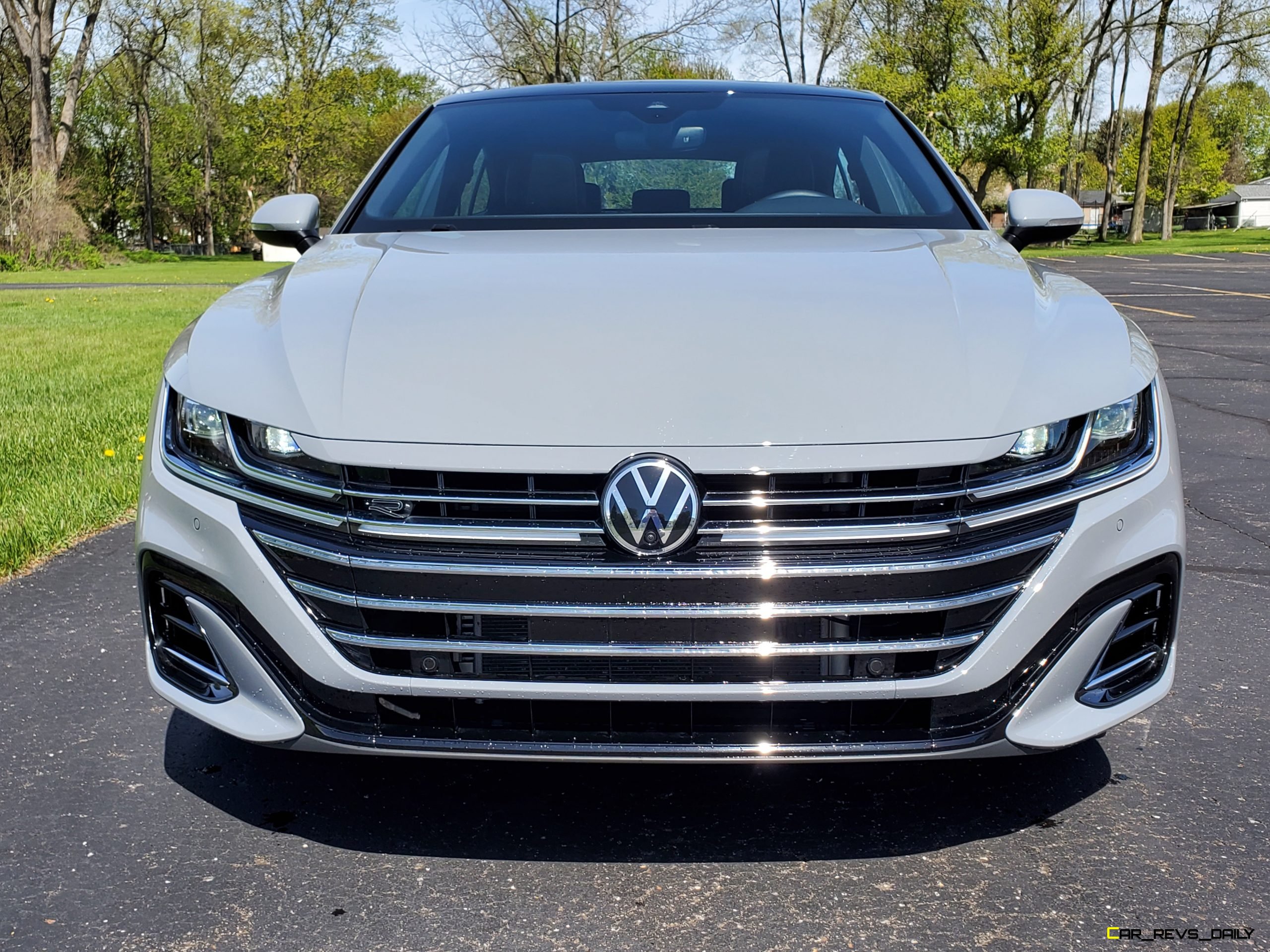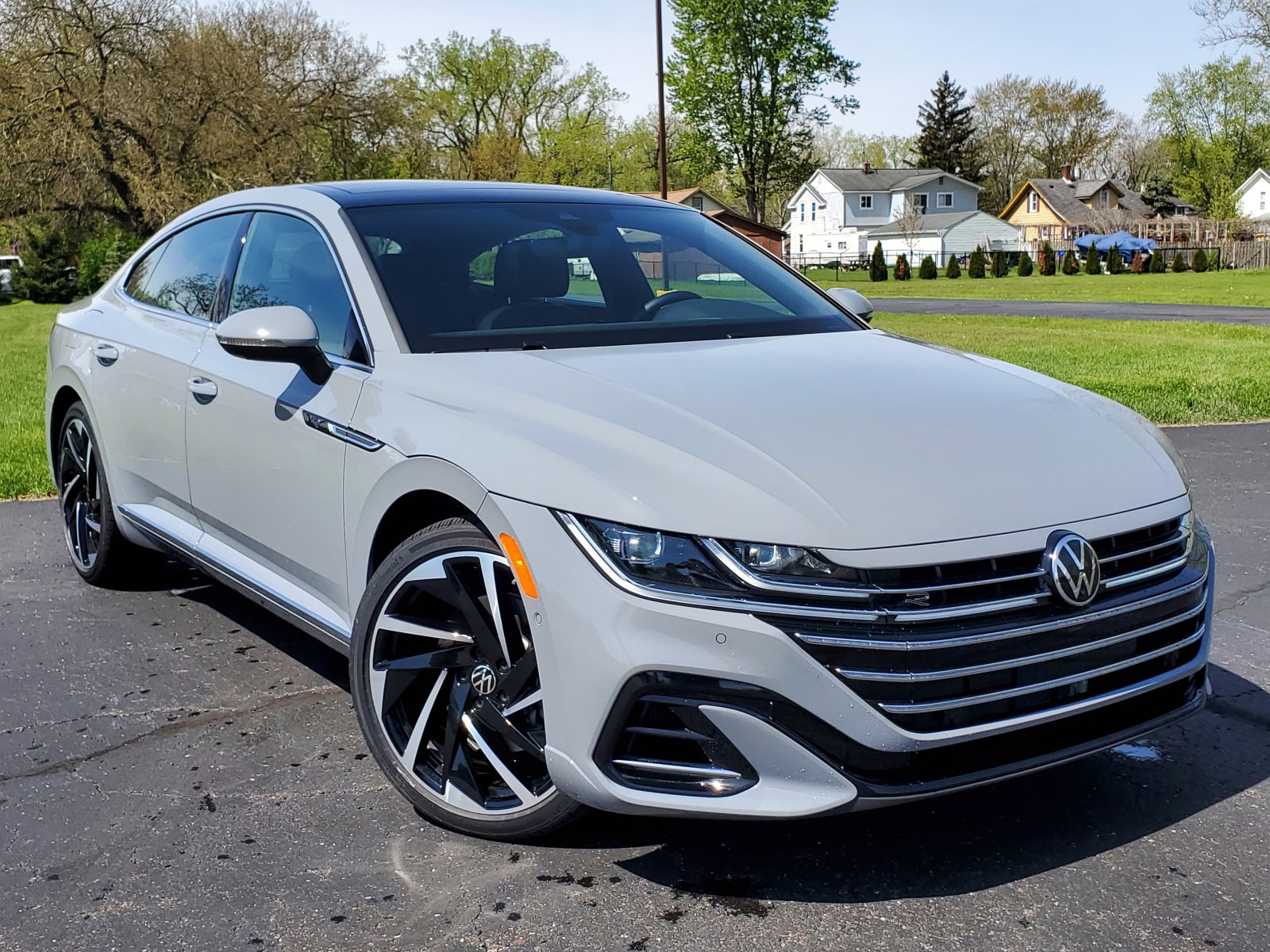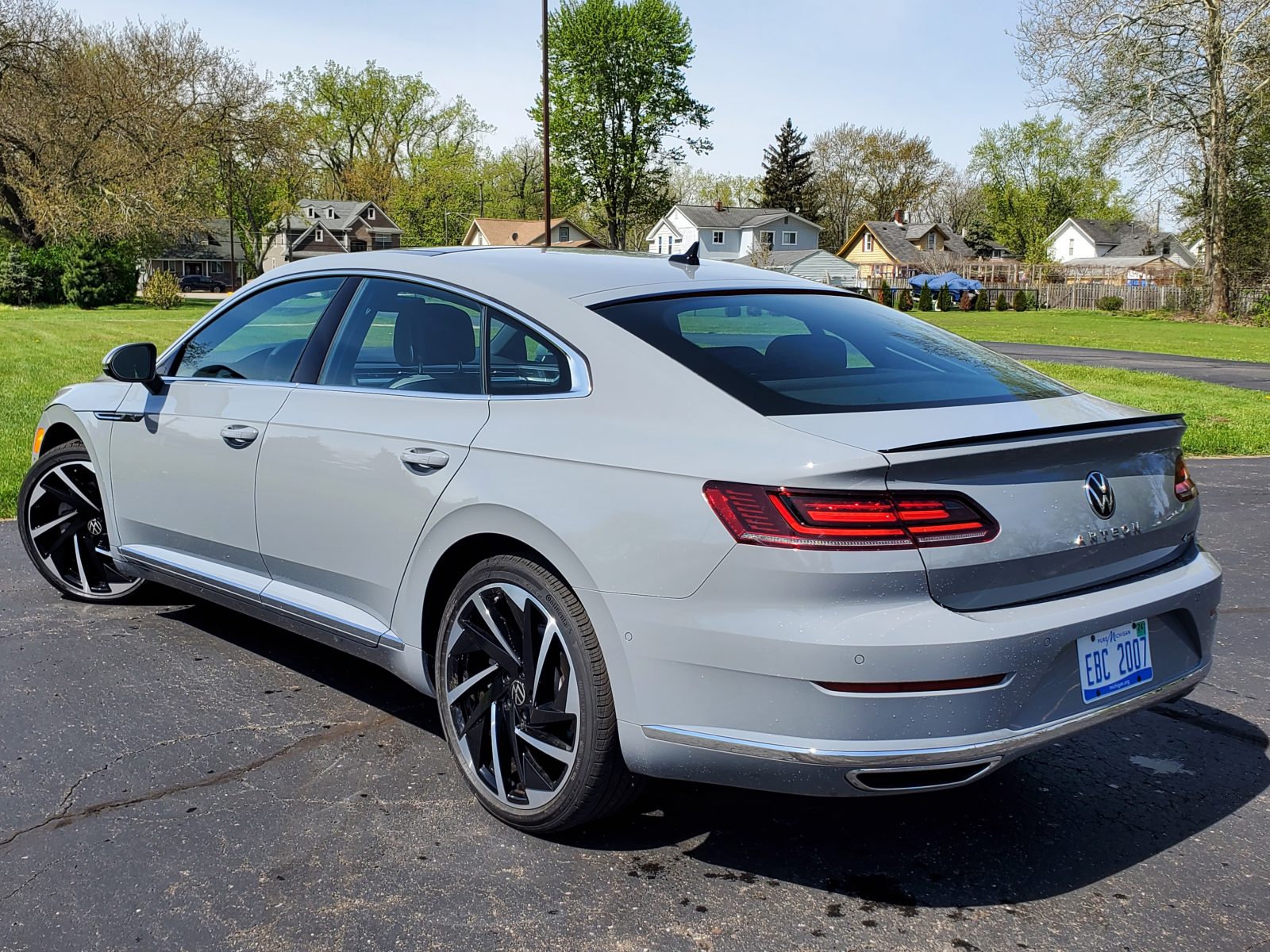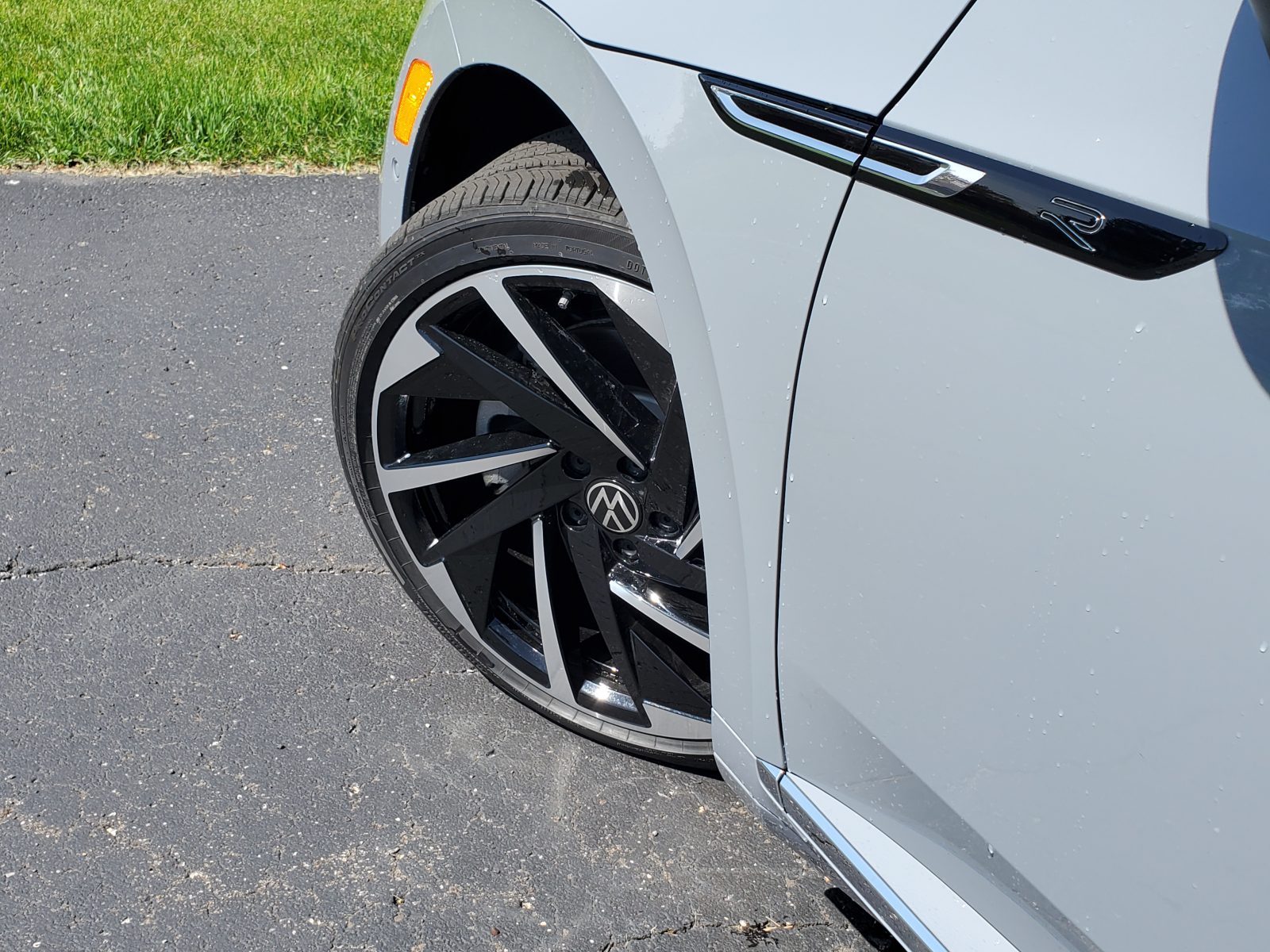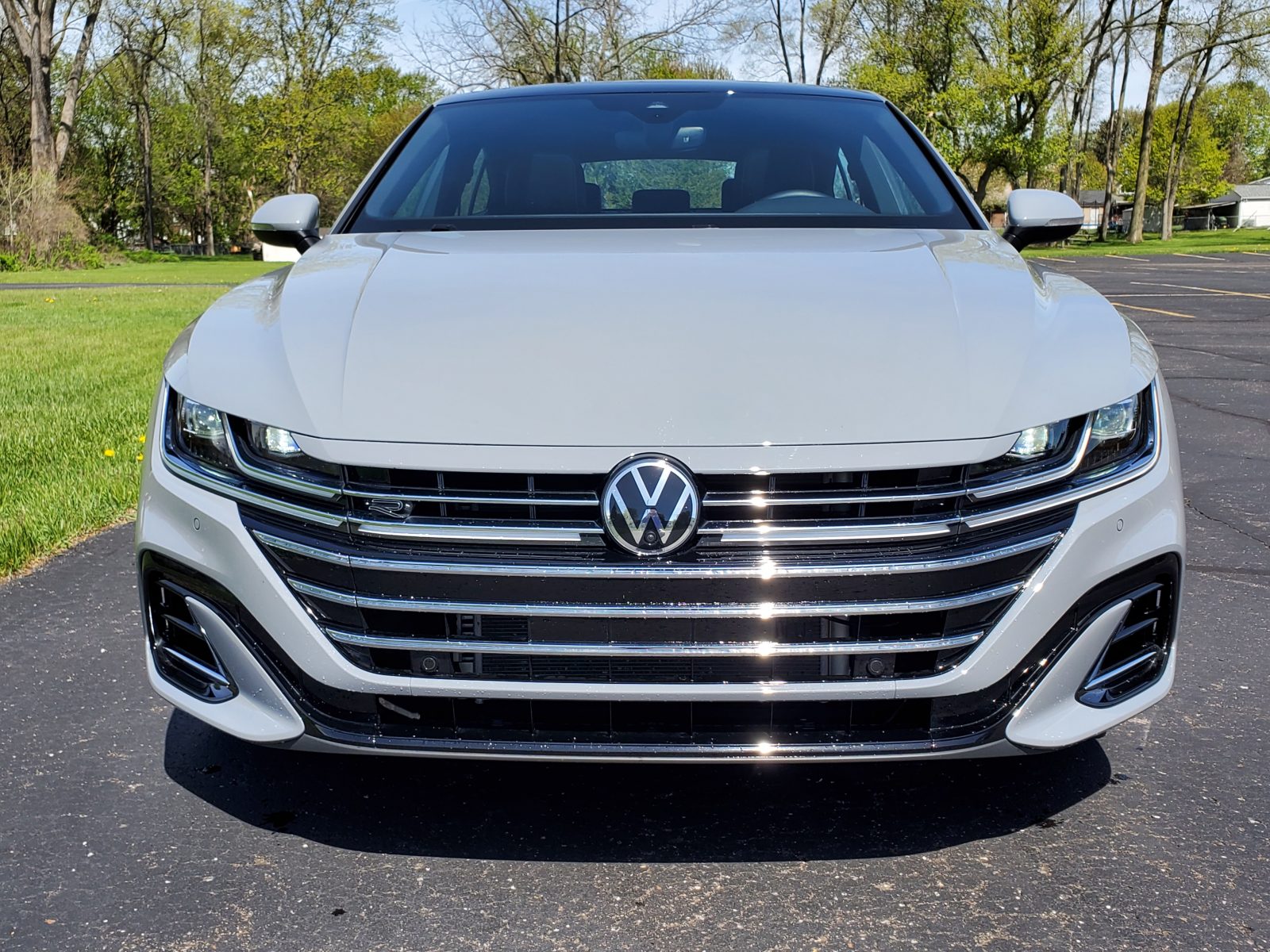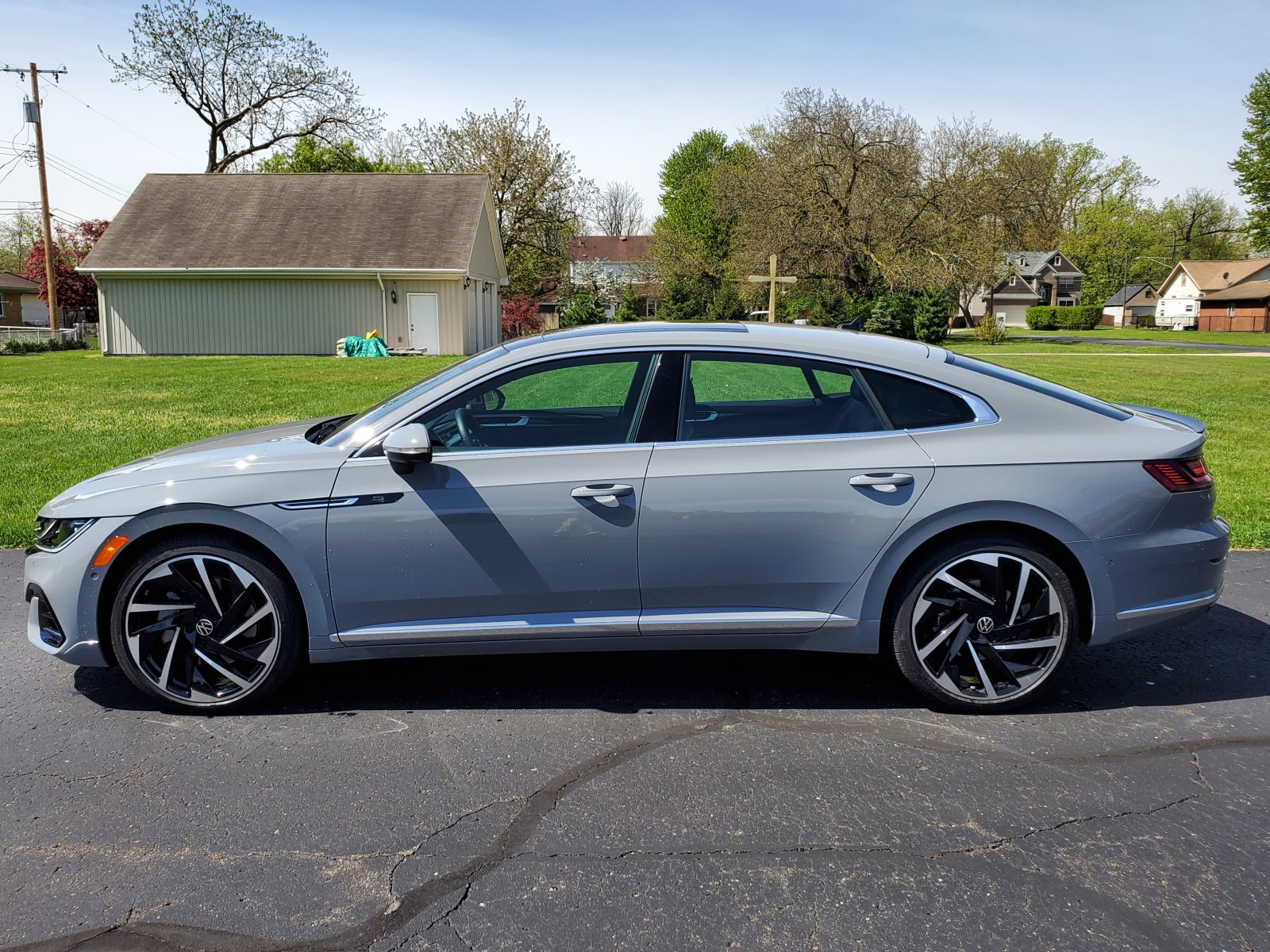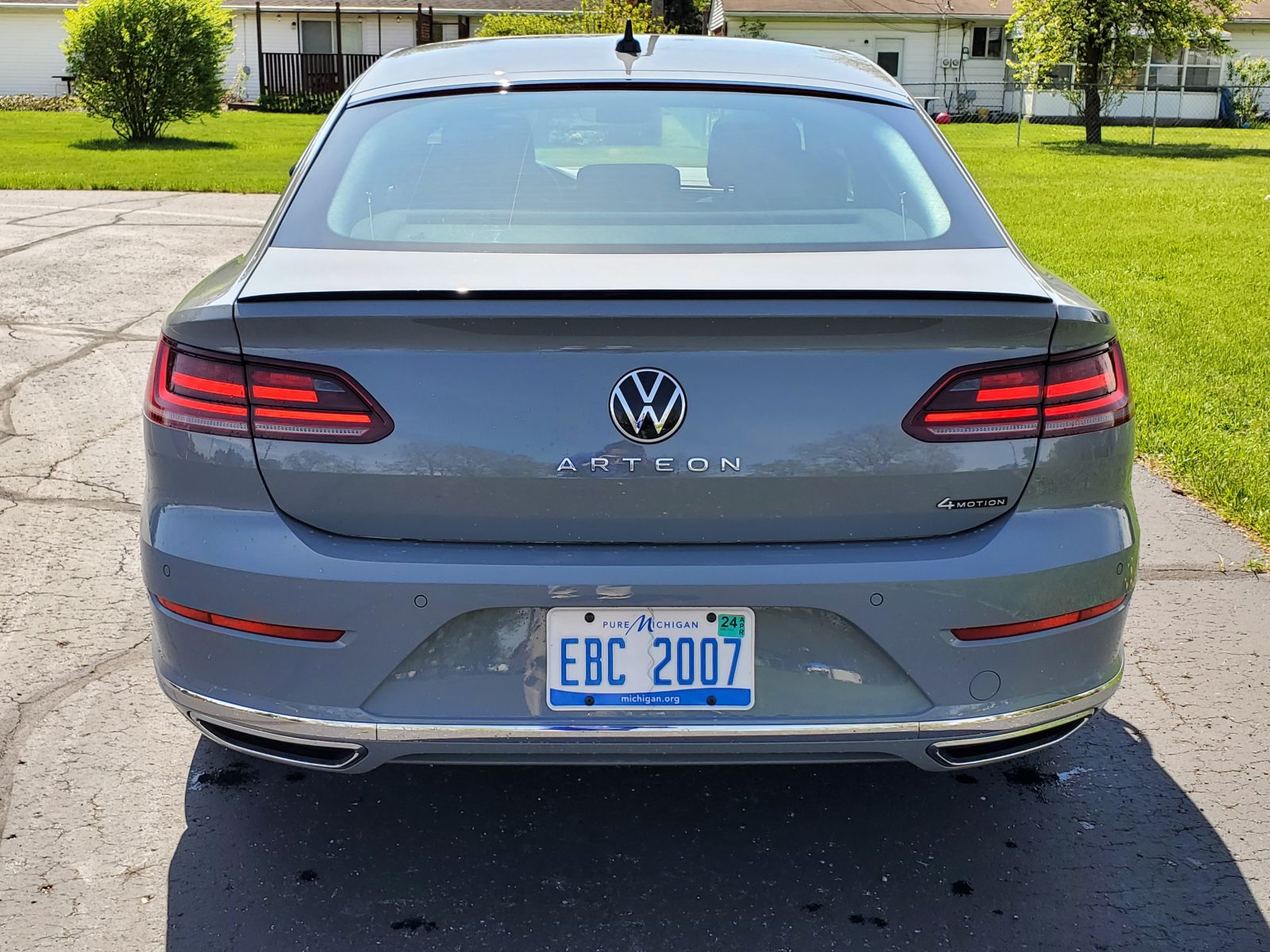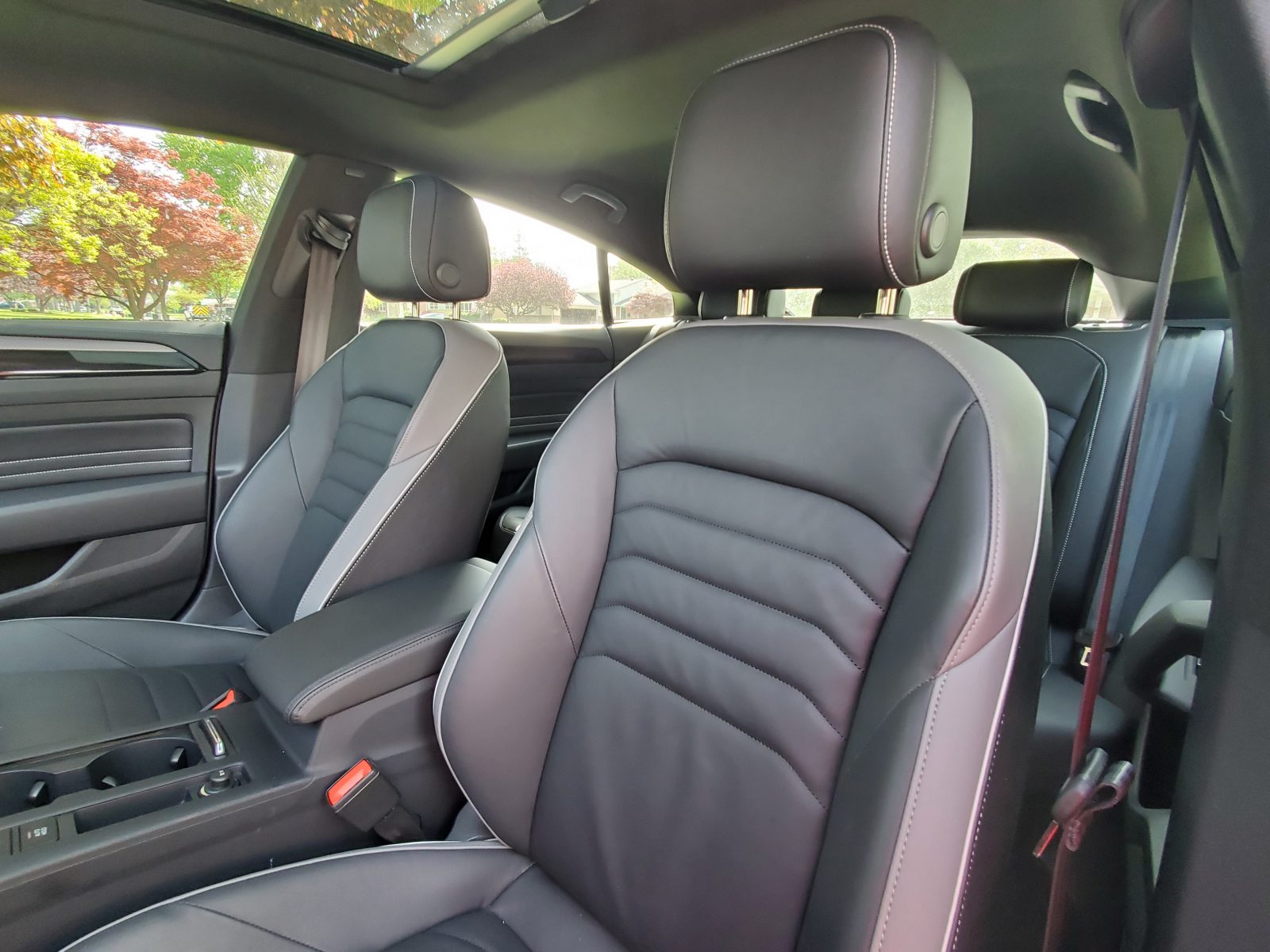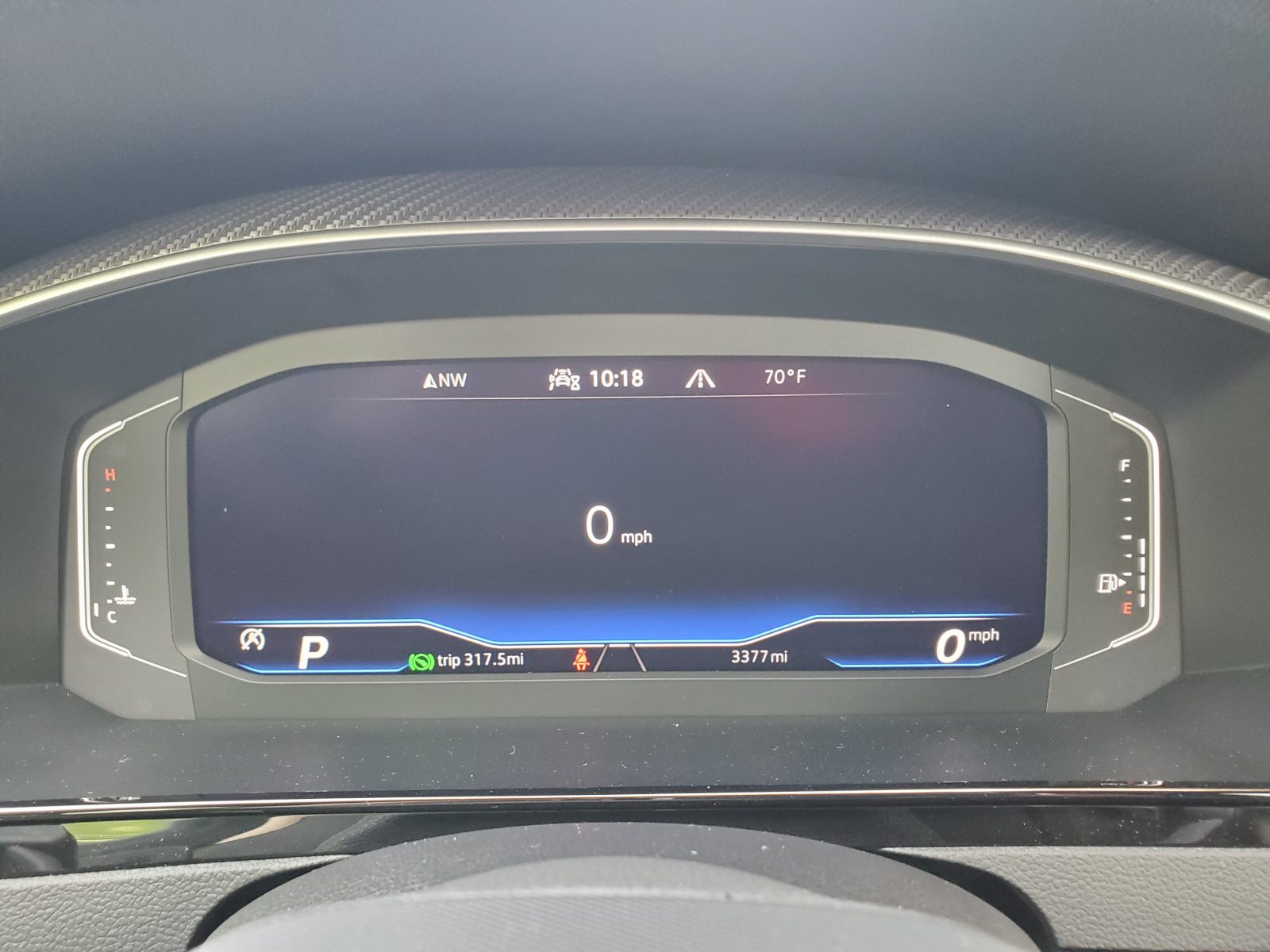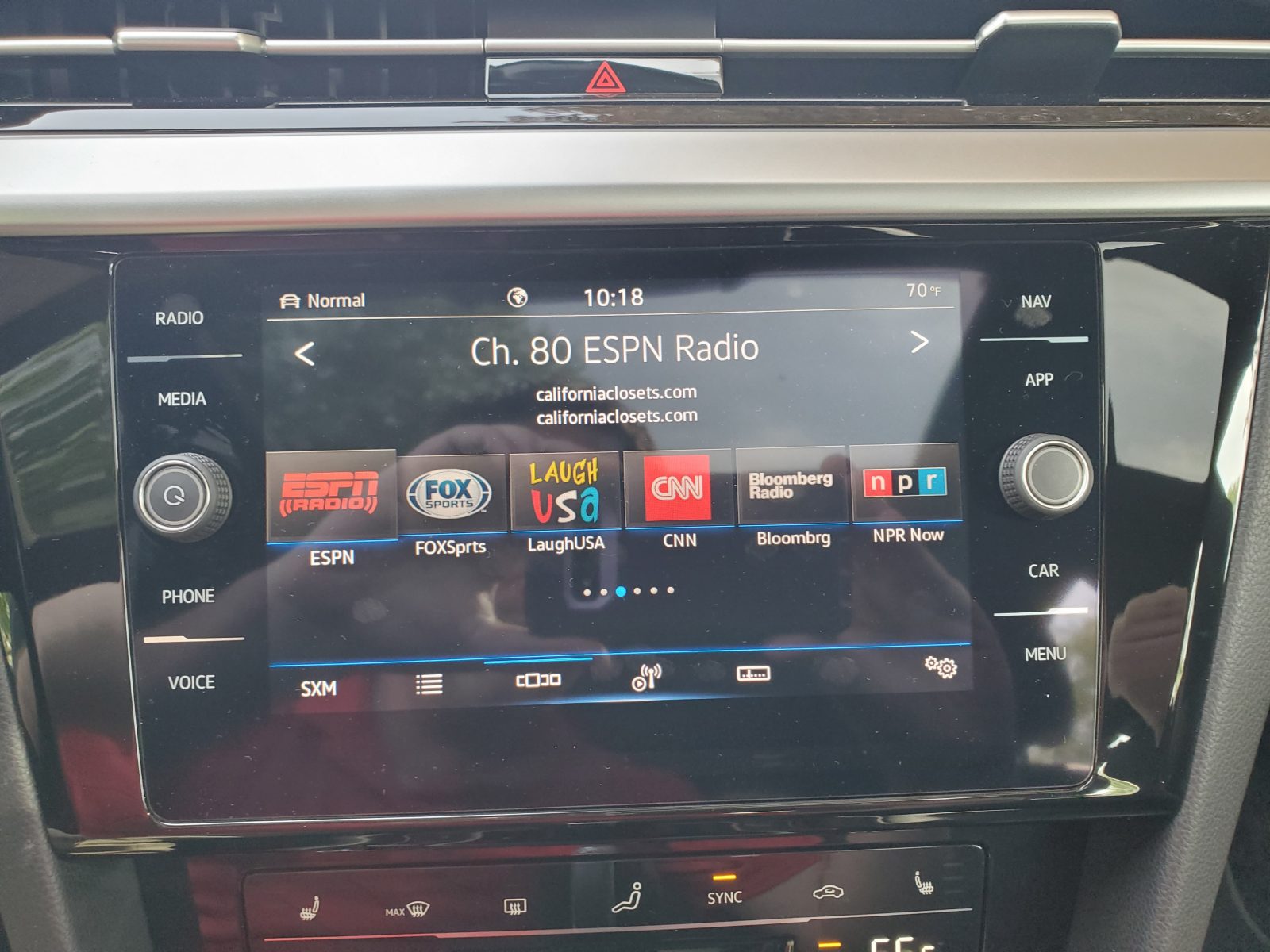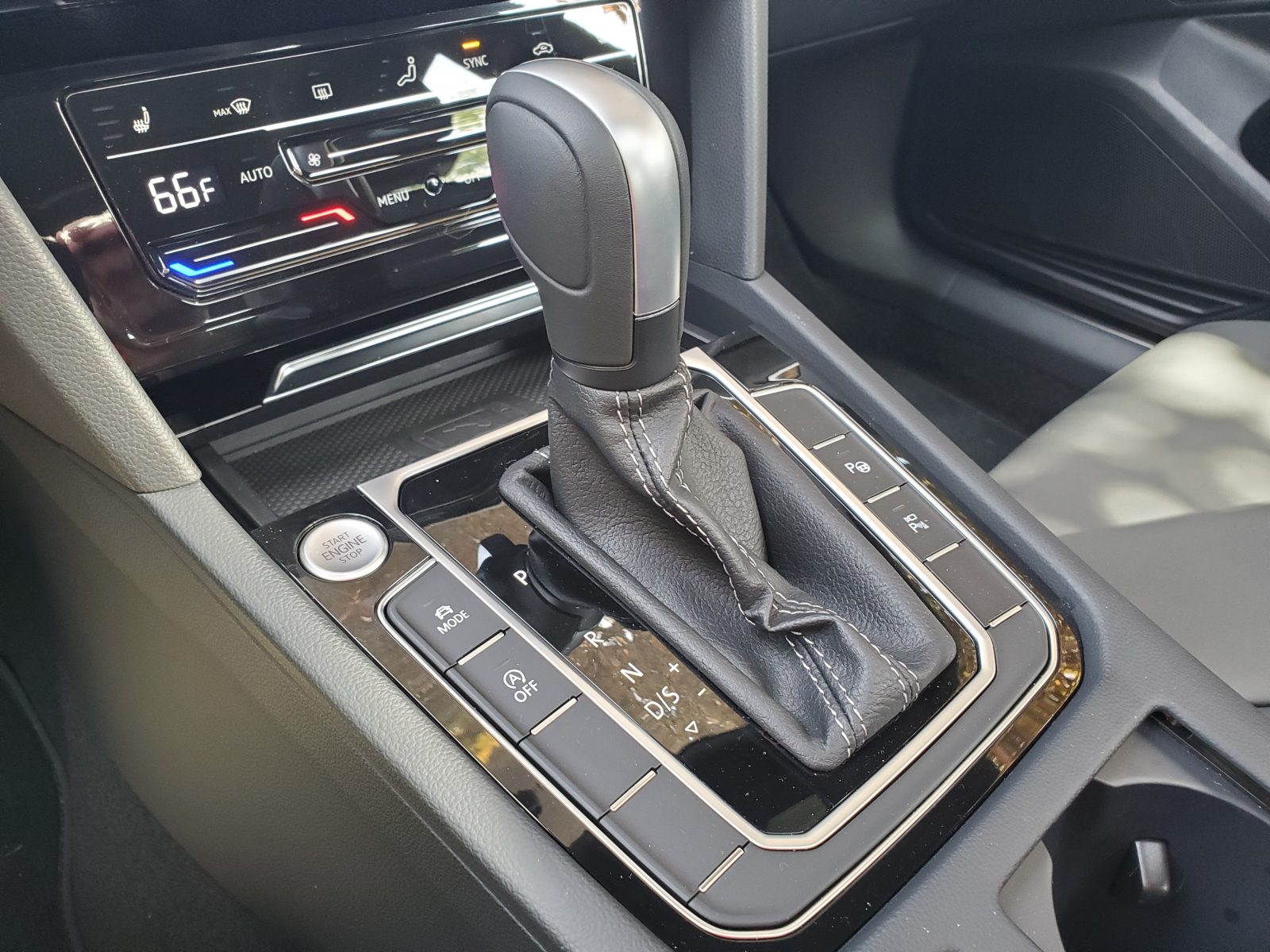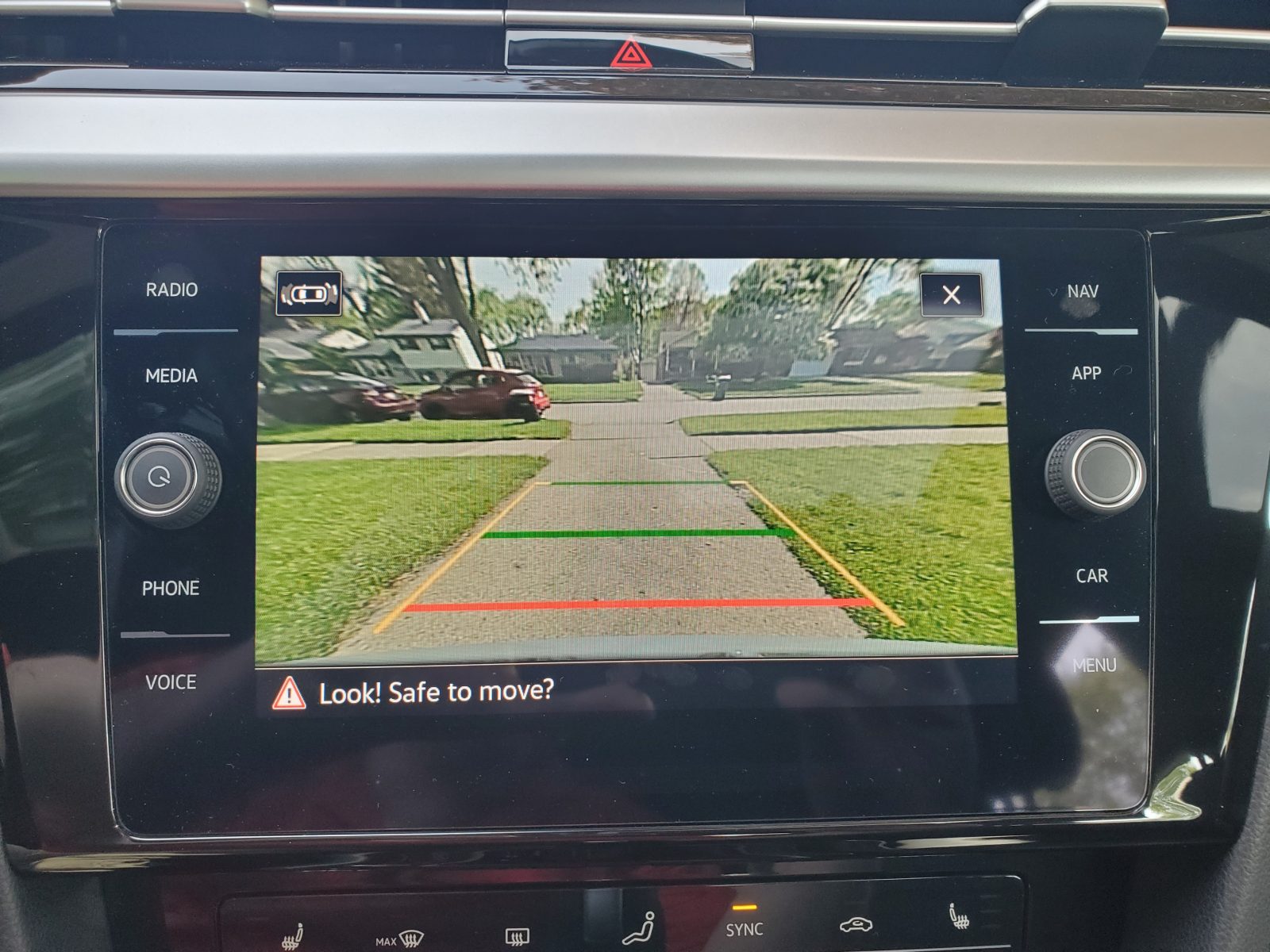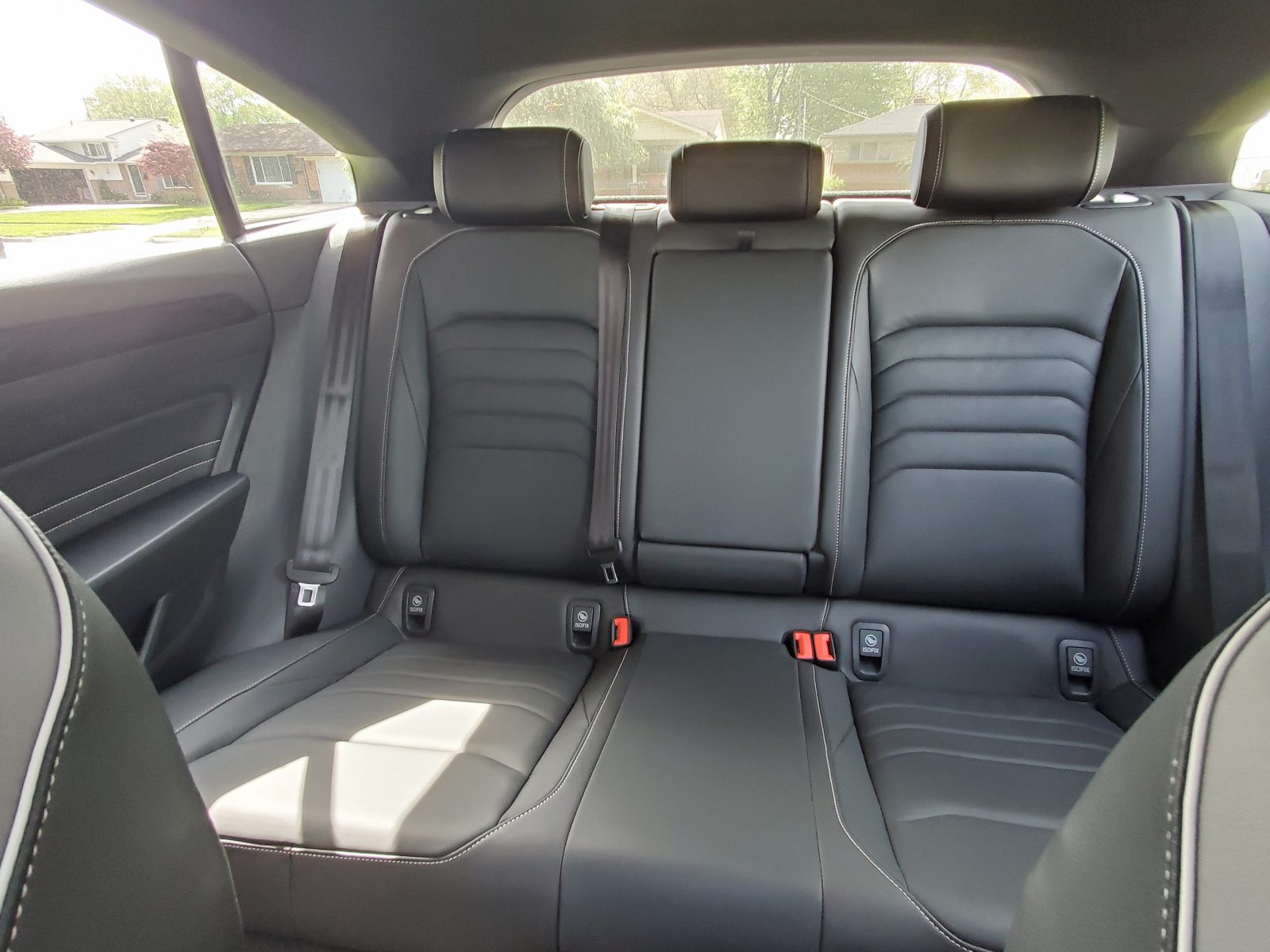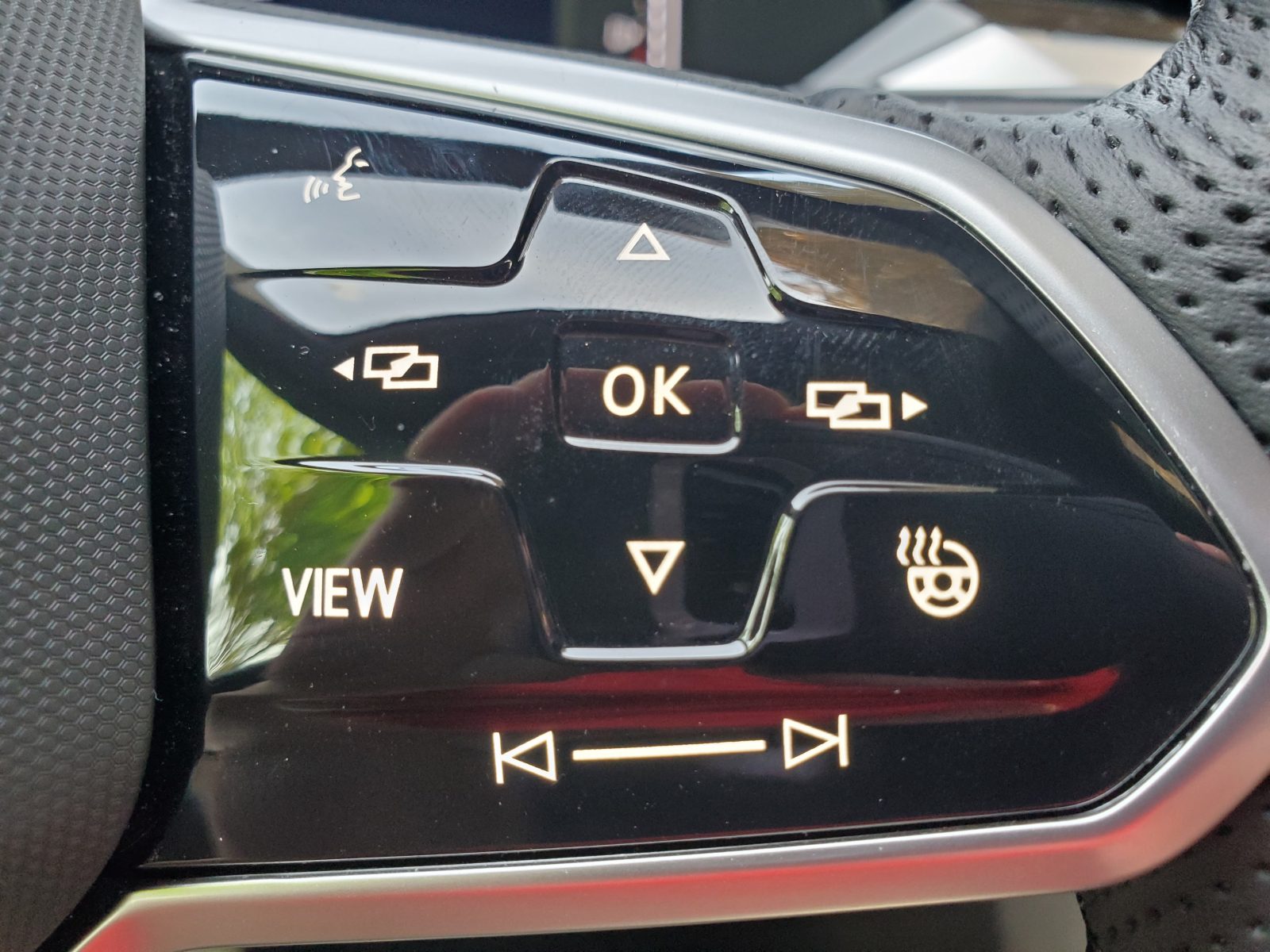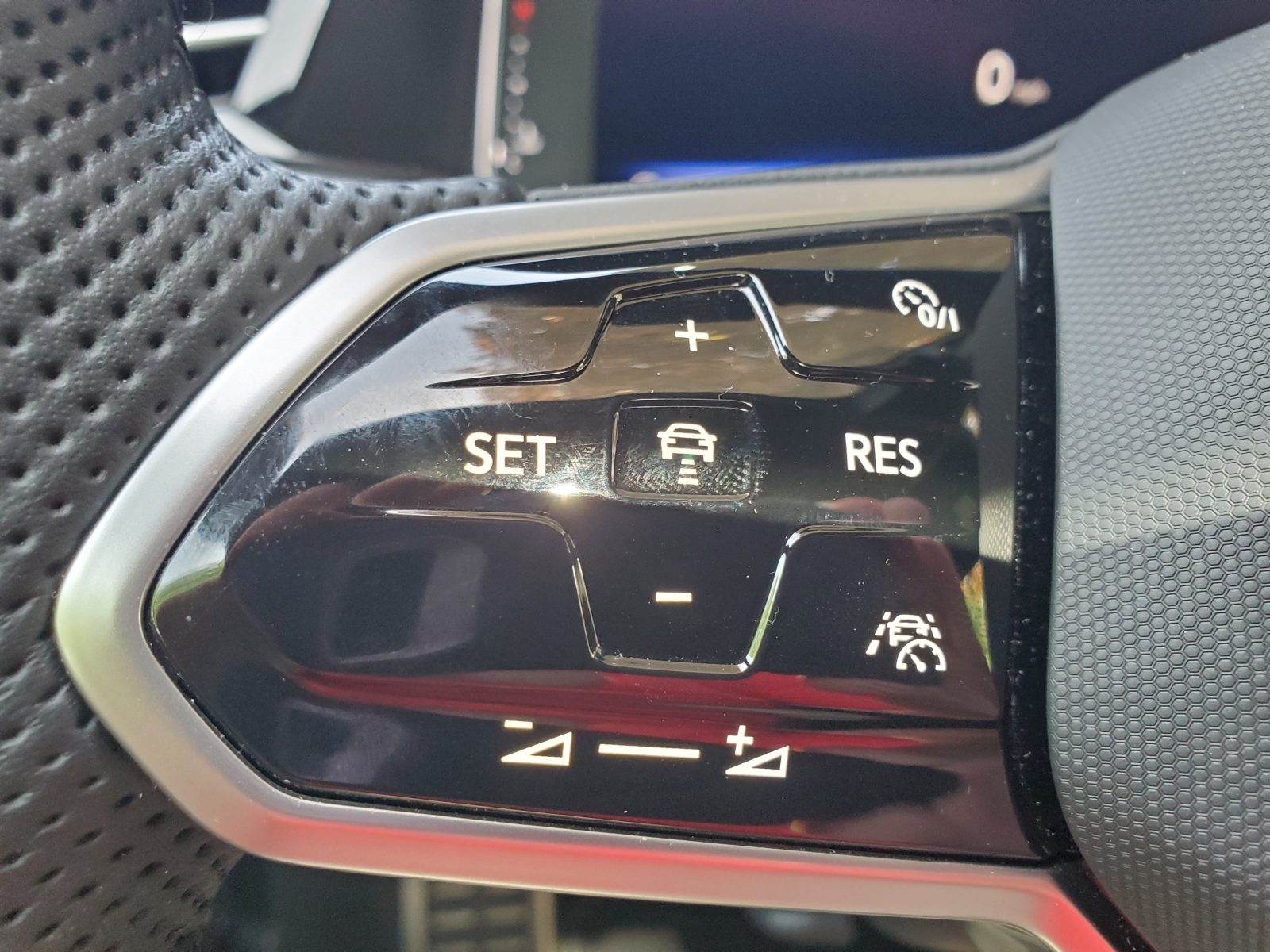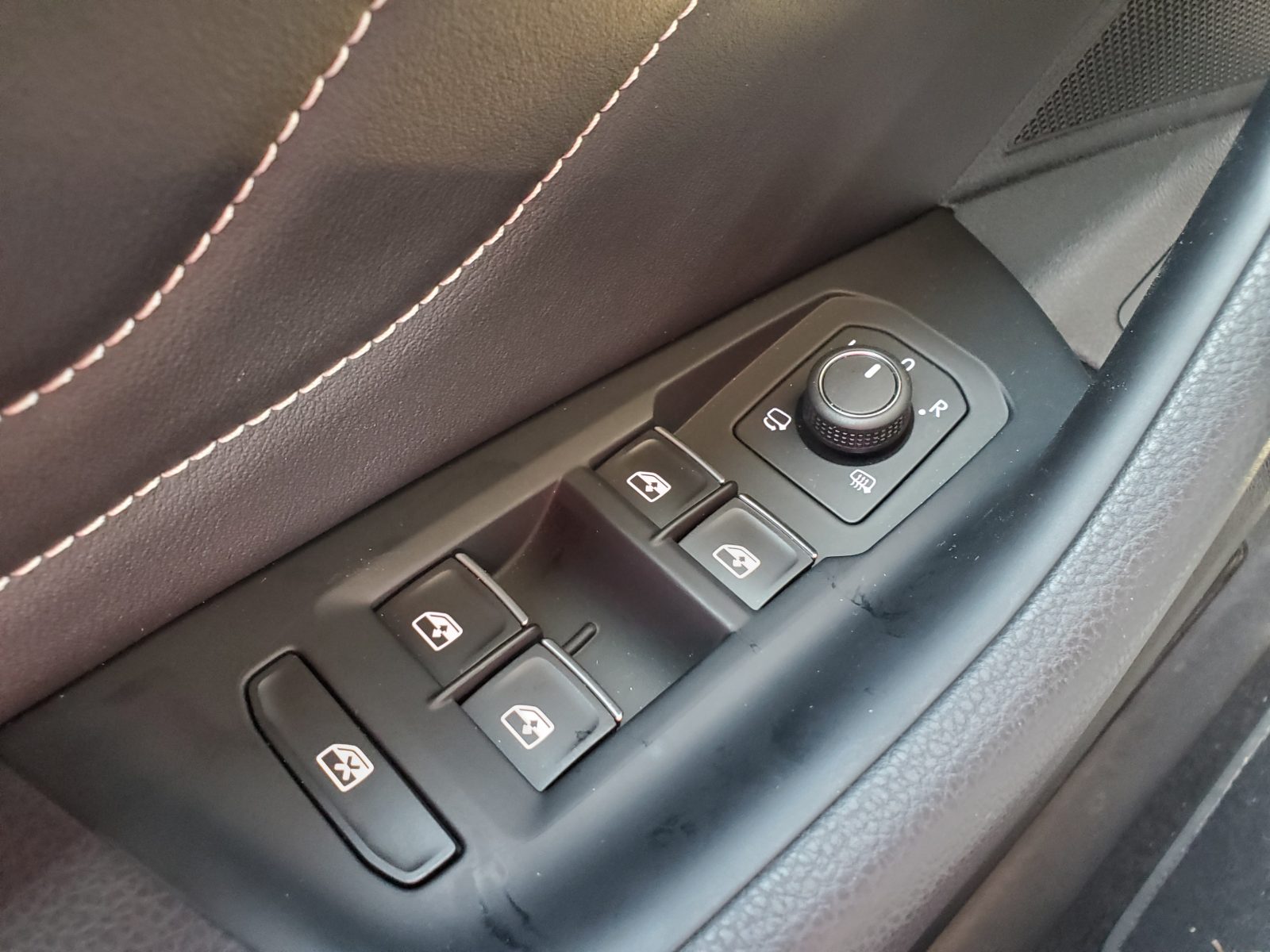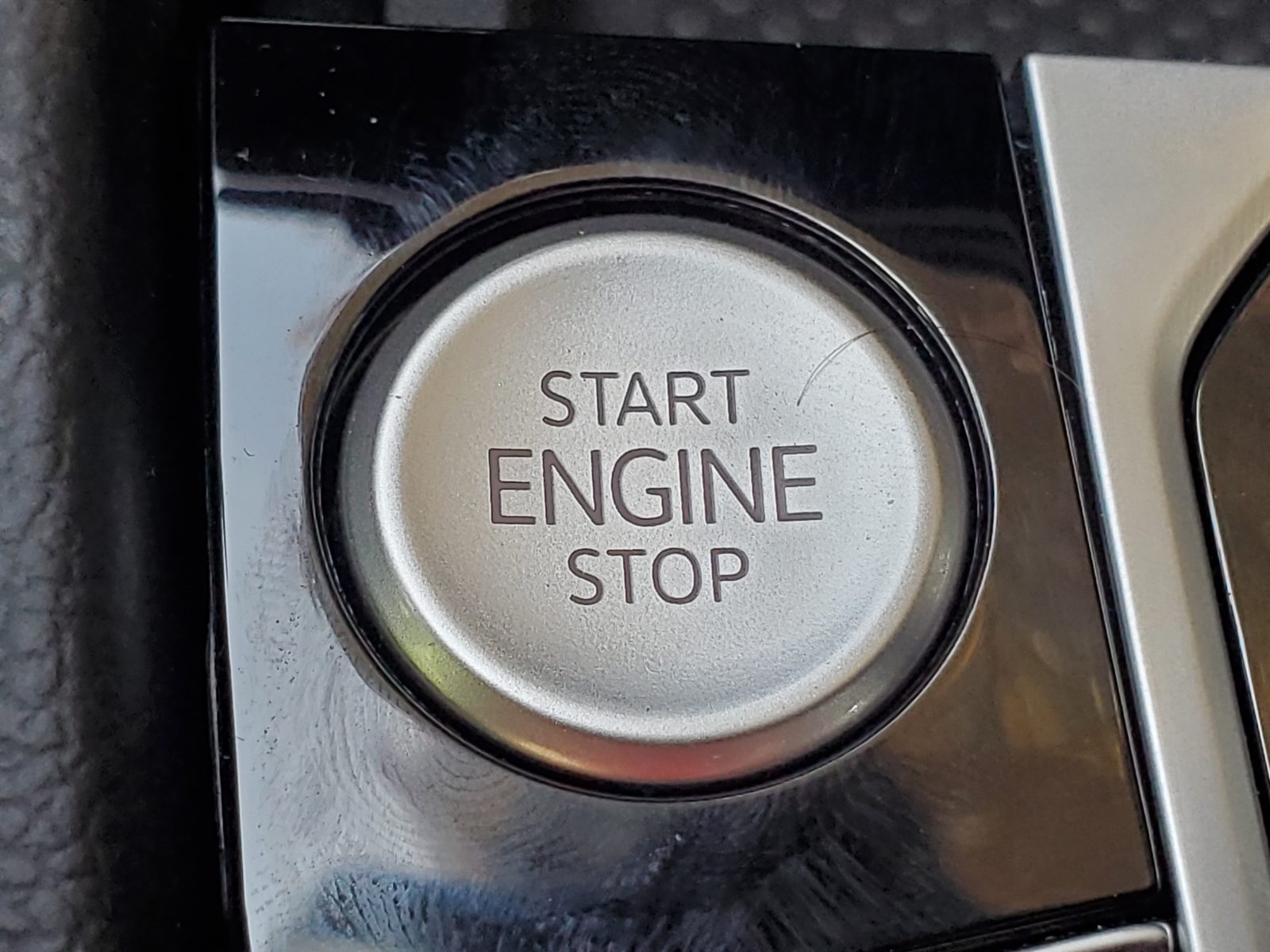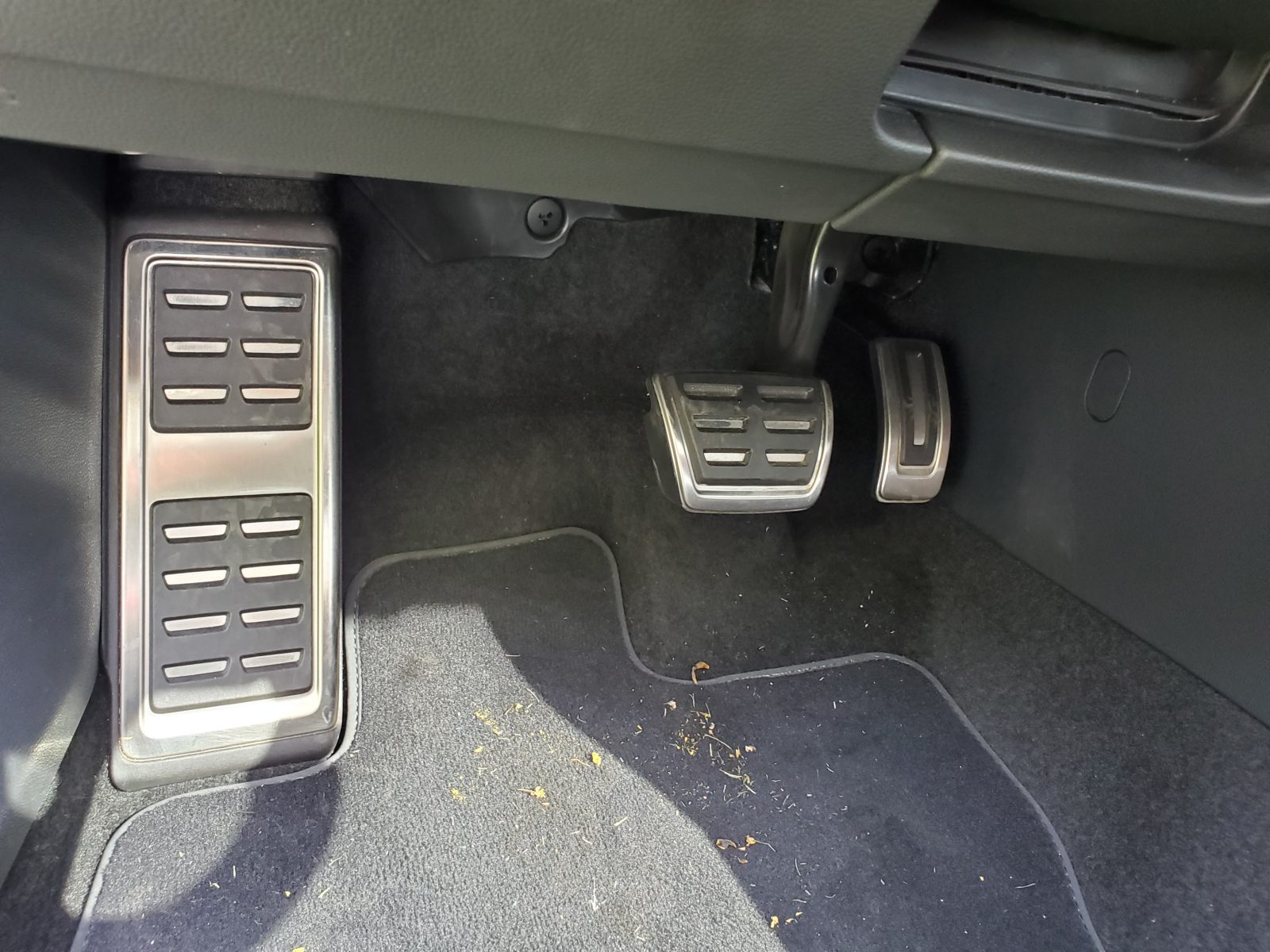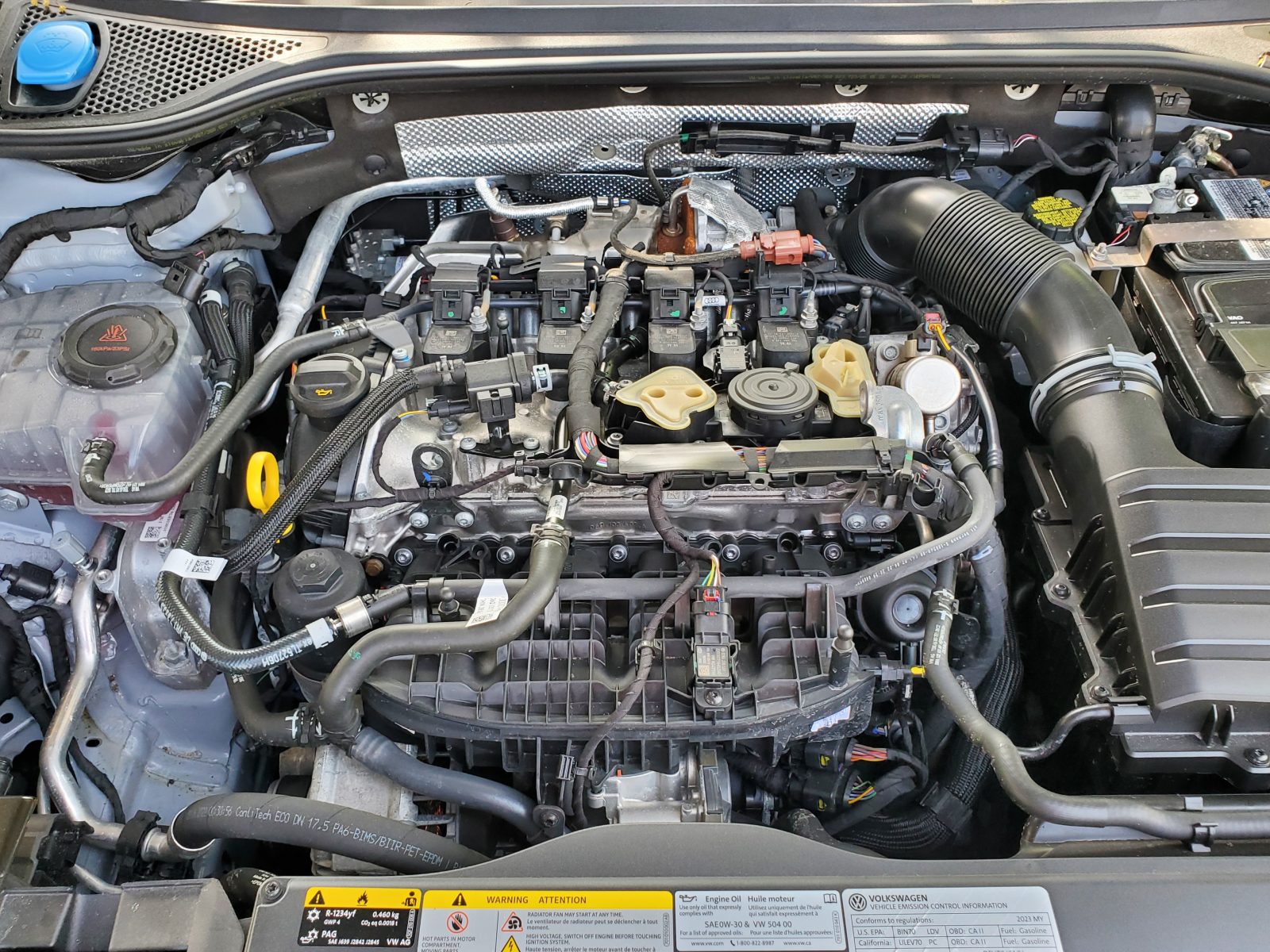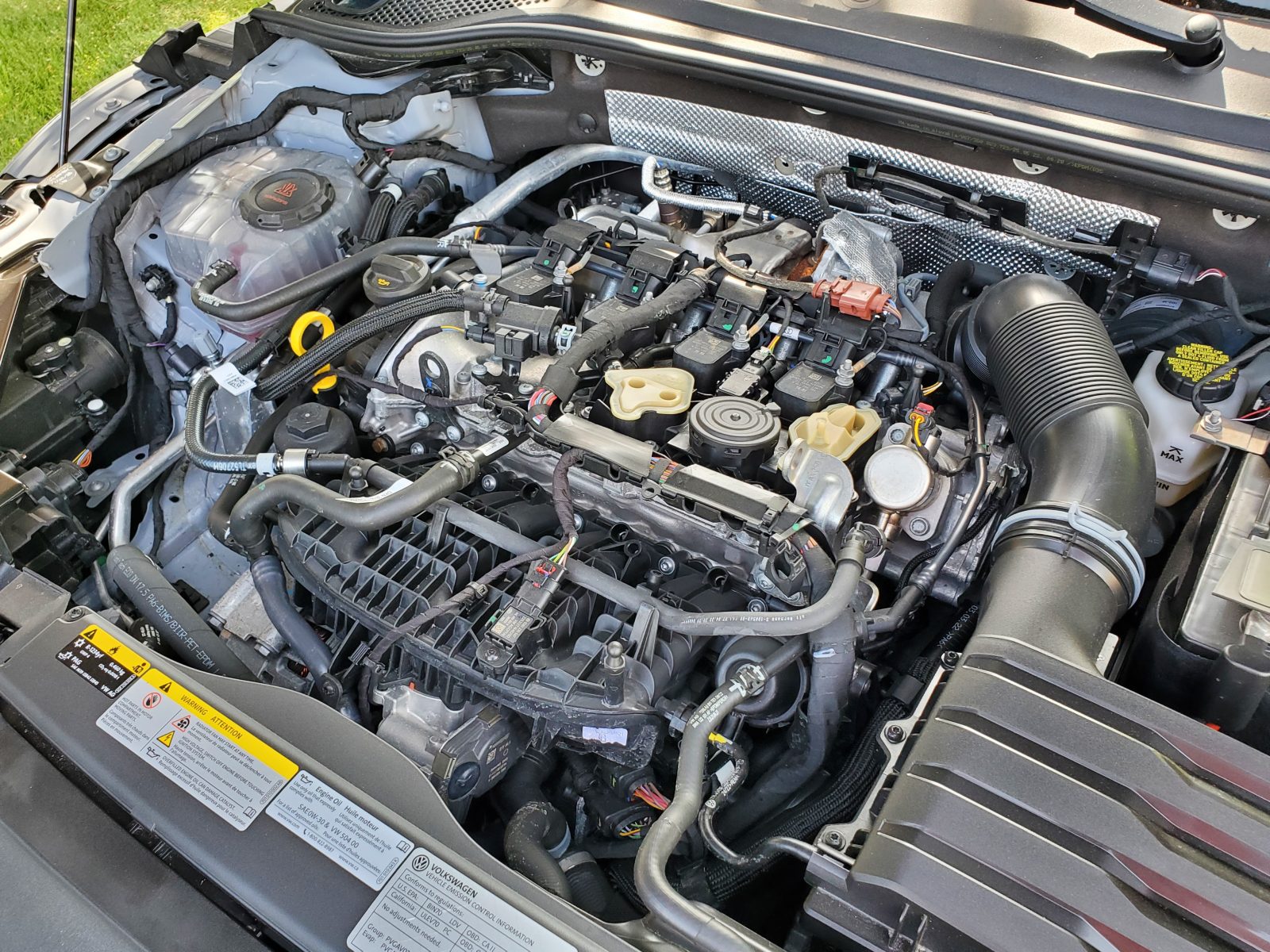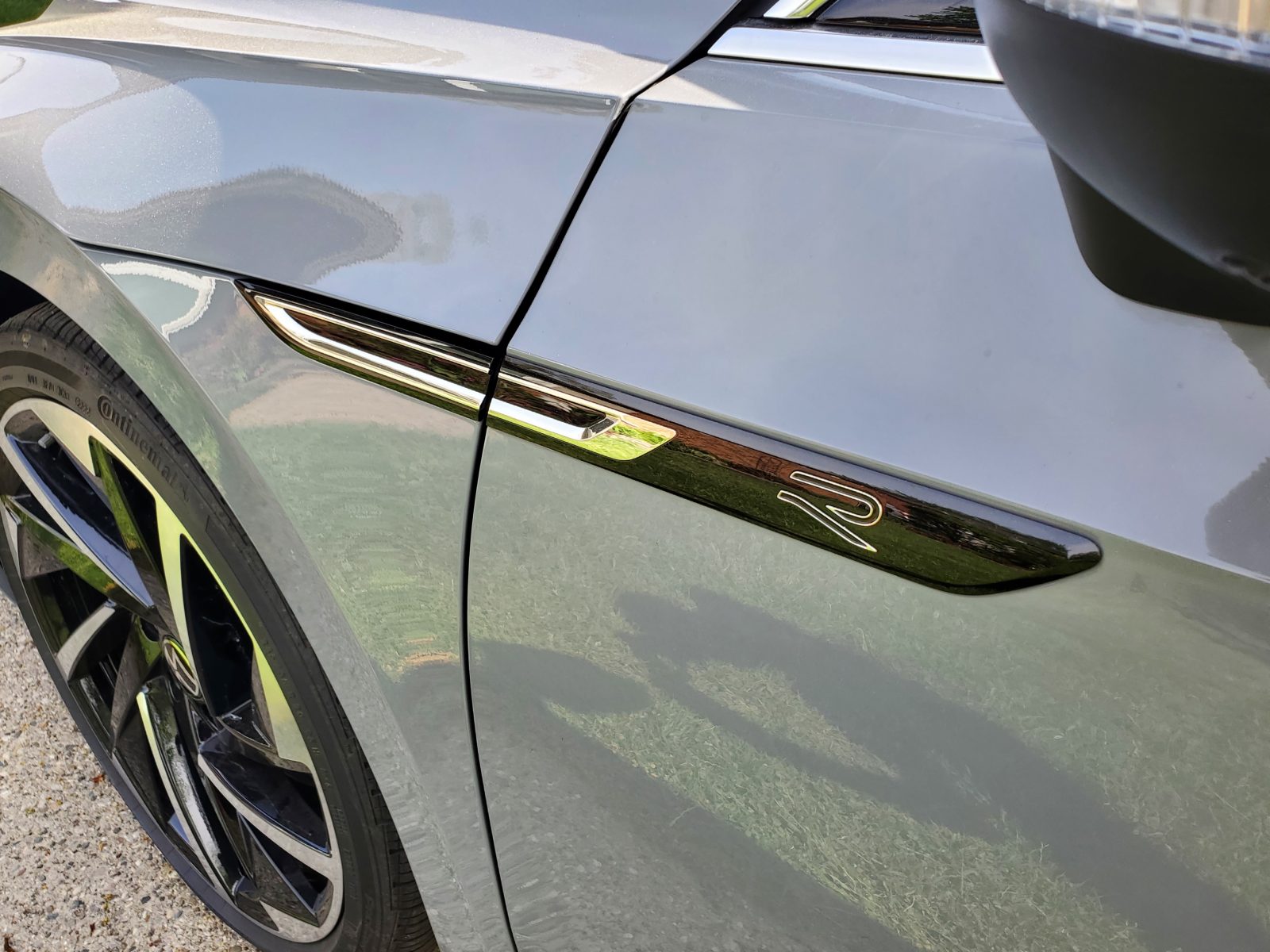Volkswagen may be shifting towards an all-electrified future that will have a heavy reliance on SUV and other utility vehicles, but that doesn’t mean the company is ready to leave other vehicle segments just yet. One notable example is the four-door coupe segment, where the 2024 Volkswagen Arteon continues its unassuming role as VW’s lone entry. While Arteon sales numbers have taken a pounding from encroaching CUV entries, Volkswagen has made some minor updates to the Arteon in an attempt to help it stay fresh before it enters retirement. But is this the proper send off Arteon fans have been looking for?
Arteon Design Has Impressive Shelf Life
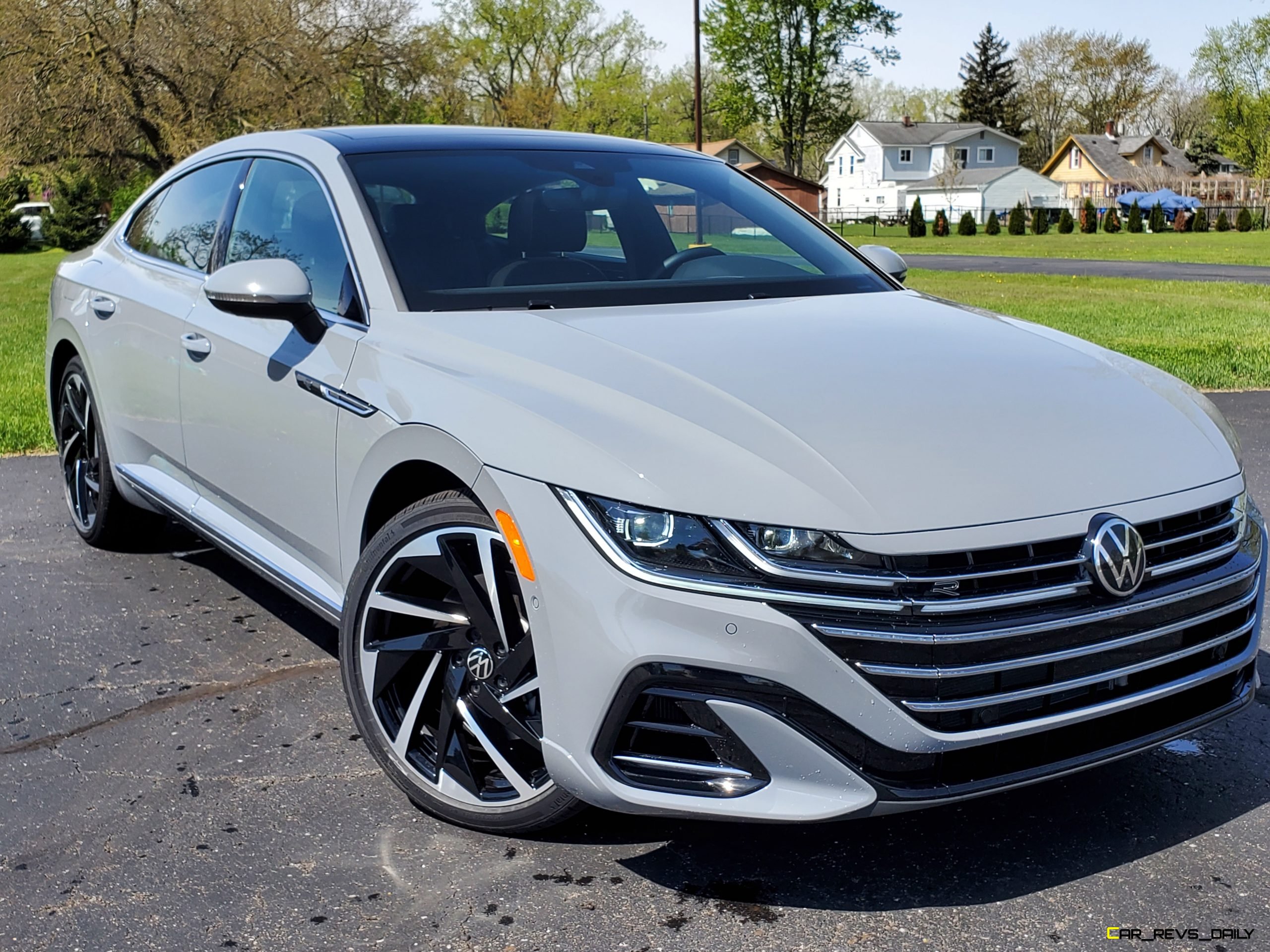
Volkswagen recently confirmed that the 2024 model year will be the final production year for the Arteon, but at least the big four-door will still offer buyers an expressive design before it leaves showrooms. A large front grille dominates the front fascia, with the headlights wrapping into the upper corners while the VW logo is prominently placed in the center. Large 20-inch wheels are standard on the R-Line, and they help enhance the Arteon’s curb appeal, which makes up for the bland rear end, which doesn’t stand out in any way despite the crisply styled taillights.
This styling is wrapped into a stylish four-door coupe profile, but while it looks handsome, it also makes you pay dividends for the eye candy, with the sloping rear roofline eating into overall trunk space. Look past that, though, and you’ll find that the design itself has managed to age very well, with VW not making any significant updates since the current generation Arteon was revealed a few years ago.
Handsome Arteon Interior Marred By Haphazard Controls
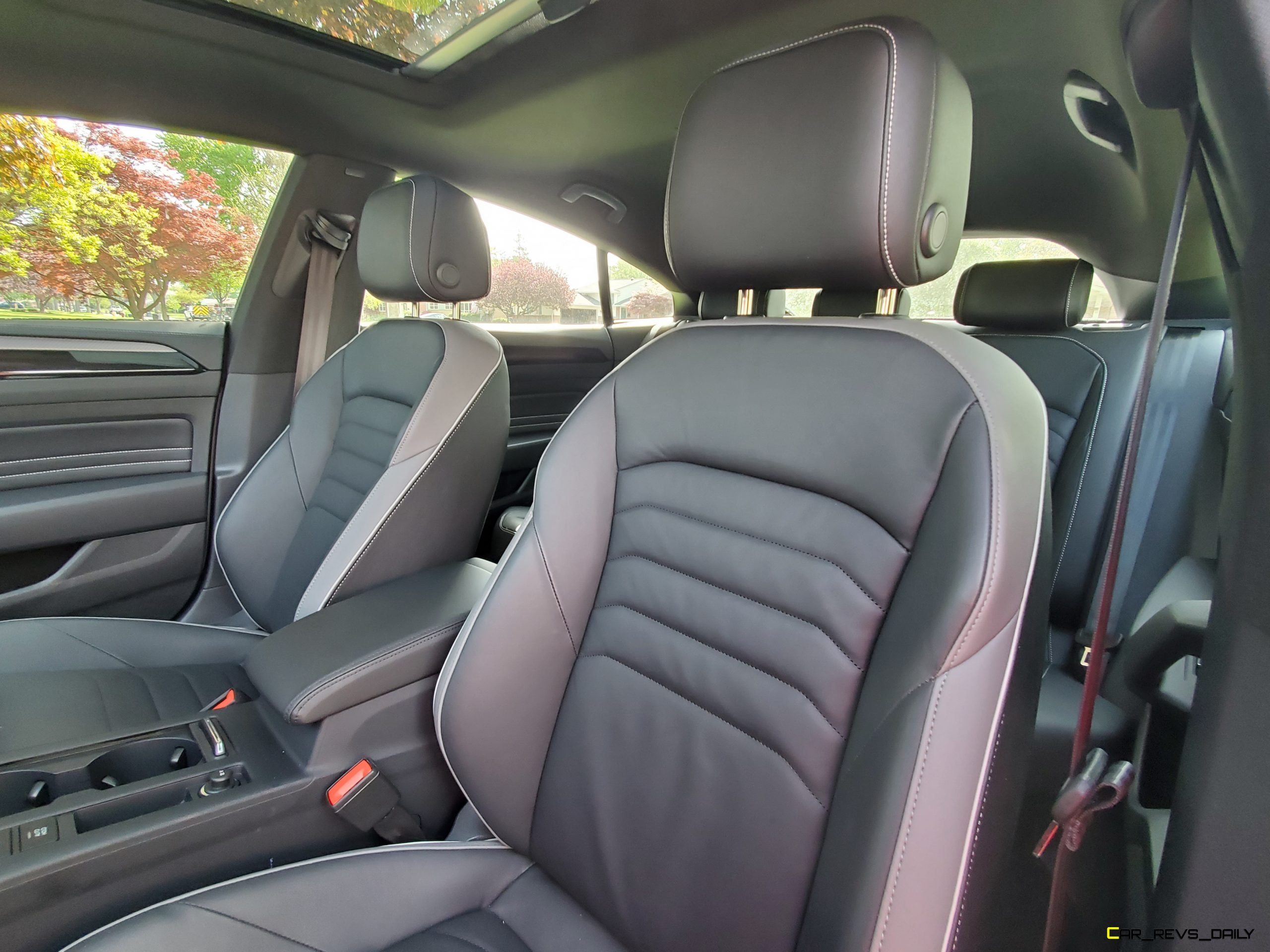
Slip inside the Volkswagen Arteon, and you’ll find a handsome and well-laid cabin, albeit a more conservative space for overall frills. The front seats can easily house two six-footers, while the rear seats are equally accommodating. This is a notable improvement over the axed Passat, which didn’t do a good job in this department and had relatively cramped seating. All Arteons come standard with heated front seats, but buyers that go for an SEL Premium variant like our example can add ventilation to their thrones as well as a massage function for the driver. Rear passengers get heated seats in this trim, too, and 30-color ambient lighting and black carbon trim add some punch to the cabin.
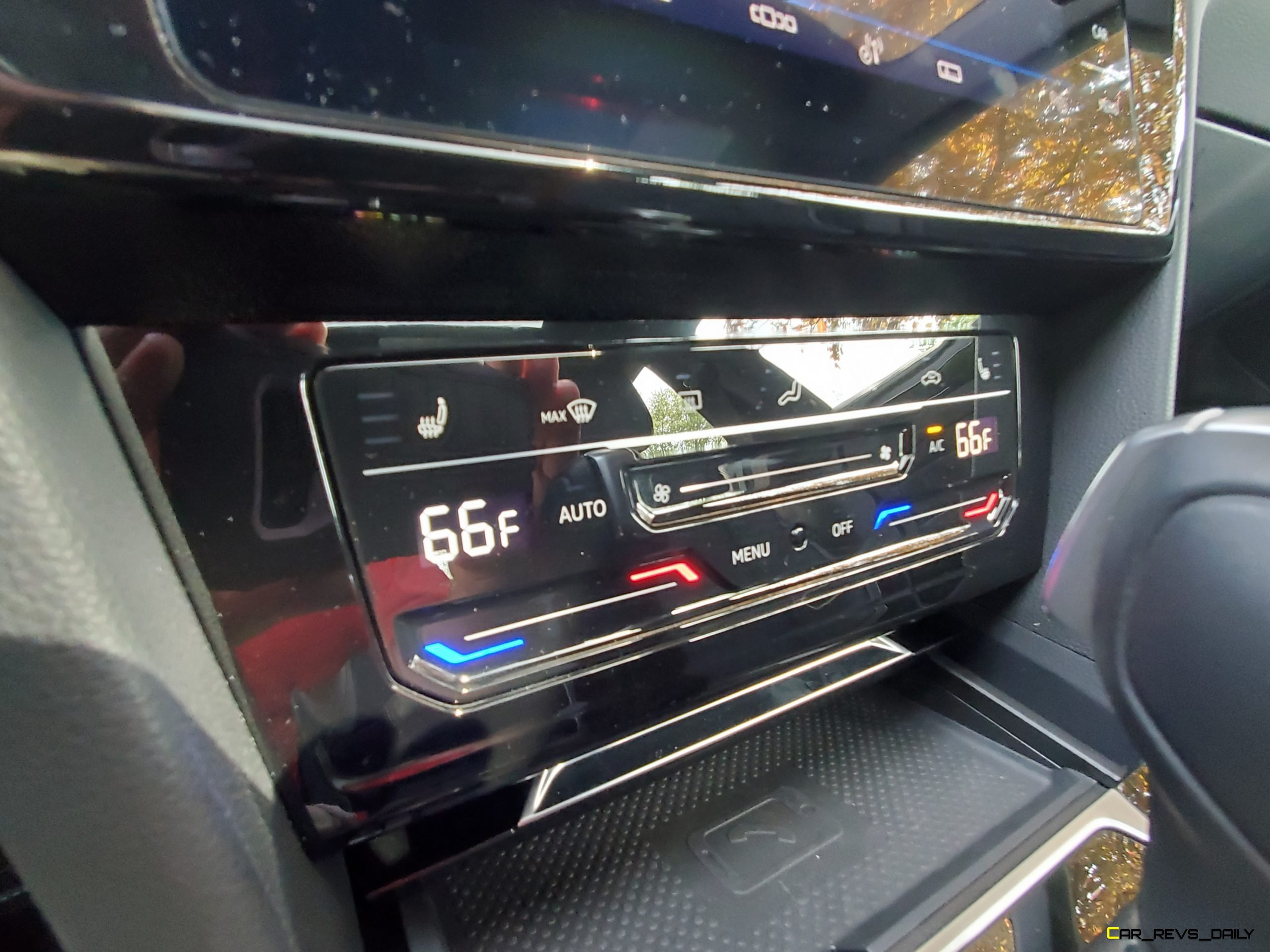
This is balanced out by the 8.0-inch infotainment system, which emerged as the most frustrating part of our experience with the Arteon. Compared to some of its rivals, this screen is on the small side and has pitched many analog controls for a touch-centric control scheme. This touch layout is not very responsive, and we discovered that we had to be precise with some of our inputs to ensure that the system responded to them properly. These touch controls also extend to the steering wheel, and they also frustrated us with occasions of imprecise operation. Thankfully, Wireless Android Auto and Apple CarPlay come standard, which spared us the trouble of using the clunky built-in navigation software.
Turbocharged Four-Cylinder Still Packs The Punch
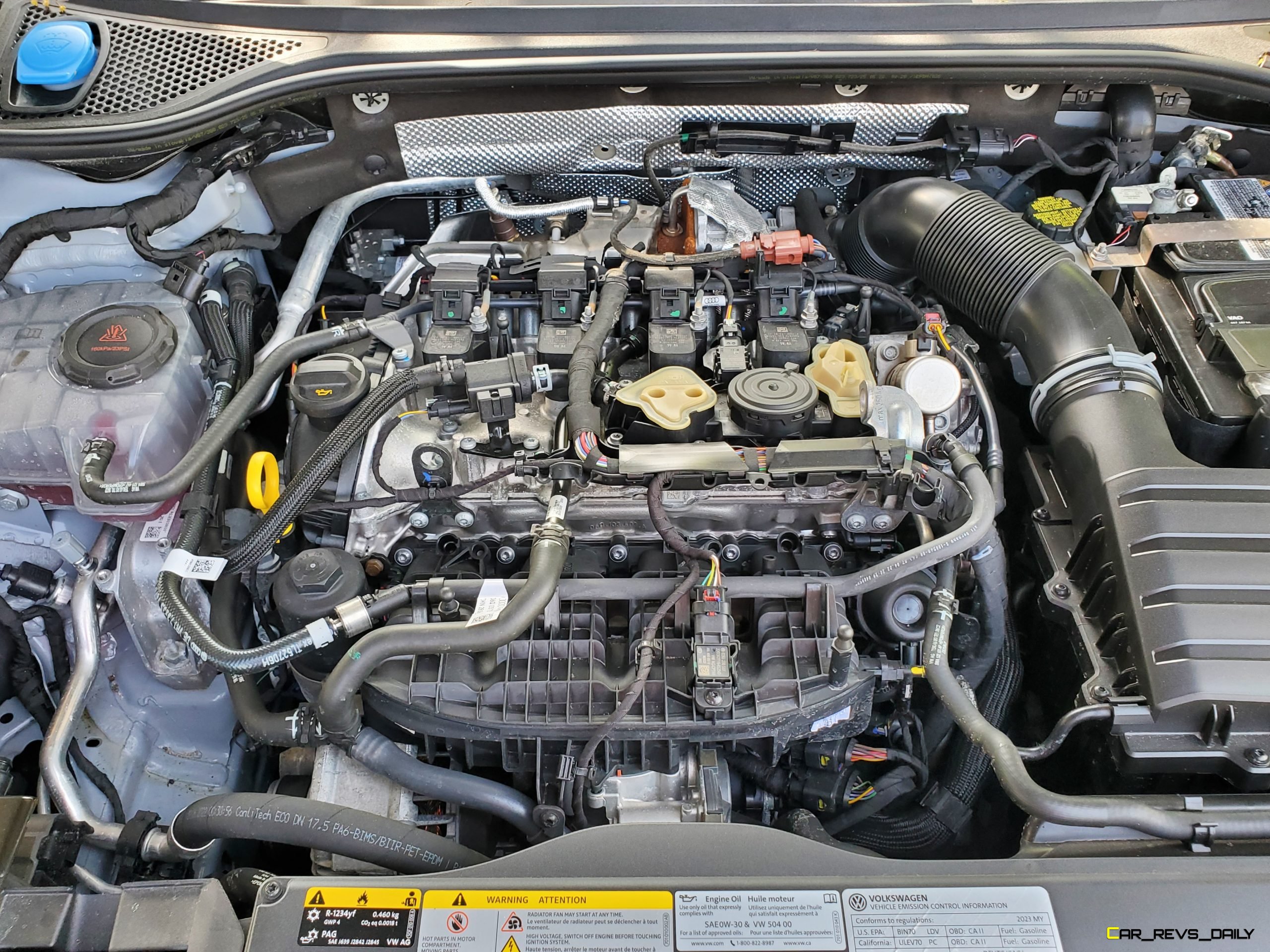
All Arteon models come equipped with a 300-horsepower, 2.0-liter, turbocharged four-cylinder, which is mated to a 7-speed dual-clutch automatic. While the base SE model is front-wheel drive only, we highly recommend going for SEL and SEL Premium models with the 4Motion all-wheel drive system. The 4Motion system helps customers avoid the torque steer seen in the SE model, and it also helped our tester record a better 0 to 60 time with our tester managing a 4.6-second sprint to that benchmark. That’s pretty quick, and the snappy response from the engine is also very reminiscent of the smaller Volkswagen GTI.
Adaptive dampers for the suspension are also standard, but while they help give the Arteon competent handling manners, the big four-door will never be mistaken for a true sport sedan, with our tester recording copious amounts of body-roll even when we left the car in Sport mode. The steering is reasonably precise, but the Arteon’s hardware clearly prefers a life of sedate cruising versus slicing through corners at Road America. Fuel economy checks in at an EPA-rated 25 mpg in city driving and 33 mpg on the highway, with all-wheel drive models like our tester getting 22 mpg and 31 mpg in the same categories. A key caveat here is that the Arteon requires a diet of premium fuel, which could make keeping it fed an expensive proposition.
Value Quotient
The 2024 Volkswagen Arteon starts at $44,305 for the base SE R-Line, including the $1,295 destination charge. The SEL R-Line starts at $48,875 and will serve as the volume-focused member of the model family. Move up to an SEL R-Line Premium like our tester, and you’ll discover a base MSRP of $51,470, with our tester having a final as-tested sticker of just over $52,000 due to some minor add-ons and other assorted fees.
This pricing is on par with the Arteon’s role as a flagship sedan offering. Still, it becomes hard to justify when you consider that Volkswagen offers a bigger Atlas SUV that has a lot of the Arteon’s luxury features but in a three-row SUV wrapper that can haul more people and cargo with less fuel economy being the only penalty. It’s this internal competition that has prevented the Arteon from being a significant sales force for VW, and while we’ll miss it’s four-door sedan charms in the short term. Its absence will help free up space for more SUVs and EVs.
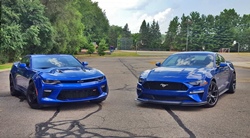
Carl Malek has been an automotive journalist for over 10 years. First starting out as a freelance photographer before making the transition to writing during college, his work has appeared on numerous automotive forums as well as websites such as Autoshopper.com.
Carl is also a big fan of British vehicles with the bulk of his devotion going to the Morgan Motor Company as well as offerings from Lotus, MG, and Caterham. When he is not writing about automobiles, Carl enjoys spending time with his family and friends in the Metro Detroit area, as well as spending time with his adorable pets.

